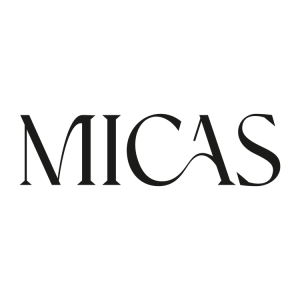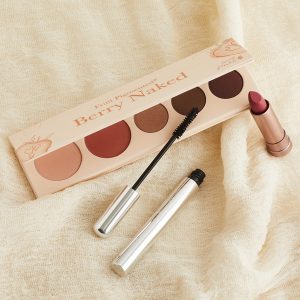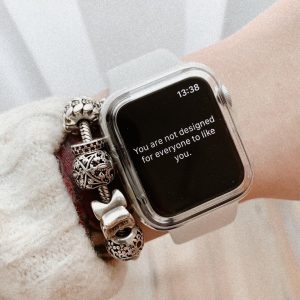Acupuncture has only really become known in the West since 1971 when James Reston, a US journalist on an assignment in China, needed his appendix removed while he was there and was introduced to acupuncture as a result. A few days later, he wrote of his experience in the New York Times.
As a result, most people today are aware that acupuncture involves having needles inserted into the skin at various points on the body, shudder at the thought, and file the knowledge away with other things they really don’t want to think about, such as climate change and the size of their overdraft.
Acupuncture has been around for at least 3,000 years and is one of the many parts of what is known as Traditional Chinese Medicine, also known as TCM for short. TCM includes not only acupuncture, but moxibustion, cupping, Chinese herbs, tui na, and more.
Acupuncture is based around the theory of yin and yang which pervade not only the human body but the whole of the universe. These are two opposite forces in the body which are also complementary, and the belief is that one cannot exist without the other. There are considered to be twelve meridians, or pathways, in the body through which energy flows, the Chinese word for energy being qi. As long as yin and yang are in balance the energy can flow freely through the meridians which connect the outer body to the main organs, and the body remains healthy.
However, if yin and yang become out of balance, qi cannot flow freely, and the result is ill health. In order to reverse this, the process of acupuncture involves the insertion of very fine needles into the skin and they may penetrate as deeply as an inch. These are inserted at specific points long the meridians depending on the problem to be treated. It is thought that there are some 2,000 points or combinations of points along the meridians, so the skill of the acupuncturist is critical.
Acupuncture is often used in combination with Chinese herbs, of which there are some thousands, and again the therapist must use his skills to produce the right combination of herbs to treat the problem. Acupuncture is also often used in a complementary manner with certain massages, such as sports injury massage, and with moxibustion which is the burning of certain herbs close to the meridians on the skin surface.
Does acupuncture hurt? That is what most people would instinctively believe, yet it is not the case. Some people report a mild burning sensation or a tingling sensation. While it is different for everybody, there seem to be no reports of any serious pain.
There is no doubt that acupuncture has been proven to work for many different health problems. For instance, acupuncture in North London has been used for problems of infertility with some great successes. There are more and more cases of women being unable to conceive in the West, and while the reason is not fully understood, one of the problems appears to be stress. This can cause hormonal imbalances which result in a fertilised egg being unable to adhere correctly. It can also cause issues with the pituitary gland and trigger the release of cortisol in the brain which will also result in problems. In men, it can result in a lower sperm count and reduced motility, all of which contribute to infertility.
Acupuncture in Central London has been proven to work for several other health problems such as arthritis and lower back pain. Acupuncture treatment in London has also been used successfully for the treatment of migraines which can, of course, have a very debilitating effect on a sufferer.
TCM also holds the belief that the ear is a microcosm of the body as a whole, and as a result there are several points in the ear which can be used for acupuncture. For example, there is a point known as the hunger point, which is used for weight loss, the lung point, which is used the patient is endeavouring to stop smoking, and the calming point, which is used when dealing with stress management.
Whatever beliefs you may hold about acupuncture, it is certainly worth investigating for any long-term problems from which you may be suffering.









